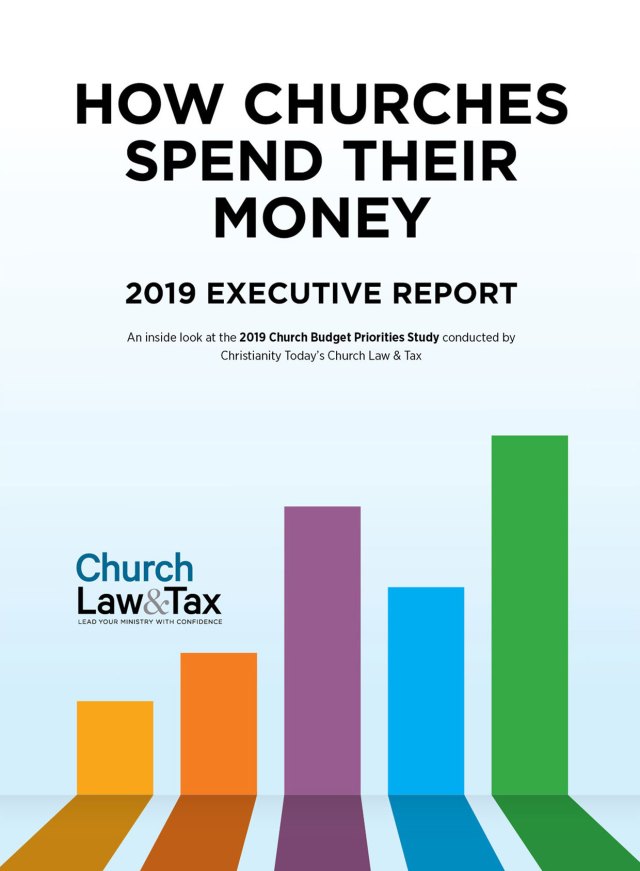Giving in 64 percent of the nation’s churches remained the same or higher in January through September 2021 when compared to the same period in 2020, according to a new study conducted during October 2021 by the Evangelical Council for Financial Accountability (ECFA).
It’s worth noting that a similar ECFA study on giving conducted in 2020 showed that 58 percent of churches indicated giving remained steady or grew when compared to the previous year. Such positive news in both studies came even as the pandemic spread, along with the many difficult financial dynamics that have accompanied it.
The 2021 survey included 346 churches and 696 religious nonprofits, with 69 percent being ECFA members and the rest from other evangelical churches or nonprofit ministries.
Yet amid the financial good news, it must not be missed that more than a third (36 percent) of those churches surveyed experienced a drop in giving—with 12 percent reporting giving decreased by more than 10 percent. Many churches continued to struggle throughout 2021.
However, for many of these churches, the decrease in giving was offset by a decrease in expenses, Warren Bird, ECFA’s senior vice president of research and equipping, told Church Law & Tax. “Additionally, their church facilities haven’t been used as extensively during the pandemic, and at least some of their ministries were shifted to online, all of which can translate into lowered costs,” he added.
Cash reserves untouched by many
Of the churches surveyed, 65 percent did not have to dip into their cash reserves and 34 percent were able to grow their reserves. Still, a third (33 percent) said they used some of their reserves while 2 percent drained their reserves.
“Certainly not all churches that tapped their financial reserves are in dire straits,” Bird said, “but for some churches, the pandemic served as an accelerator of long-standing financial issues that need to be addressed.” (With many churches and ministries seeking help during the pandemic, ECFA has seen an increased number of downloads of its free eBooks on how and why to strengthen a church’s cash reserves and on strategic planning for church budgeting.
Outlook for 2022
Nearly two-thirds (64 percent) said they were optimistic about giving trends moving into the new year while over a third (36 percent) felt either uncertain or pessimistic going forward.
Bird believes there might be several reasons for such uncertainty and pessimism.
“As church leaders anticipate 2022, most anticipate some big challenges ahead,” Bird explains. “Key volunteers prior to the pandemic have been slow to return or reengage. Weekly in-person worship attendance is averaging lower today than prior to the pandemic for most churches. Some churches need to shift toward a significant relaunch or replant.”
Amid all that, he added that there are the mental health issues that have risen from these stressful times. “Heightened levels of anxiety and shorter-fuse tempers are real issues for both congregations and pastors,” he said.
Even so, Bird stresses that challenges have always been a part of biblical history.
“The Bible is full of stories about terrible pestilences and plagues like pandemics, all of which God worked through,” he says. “God, who owns ‘the cattle on 1,000 hills’, doesn’t lack any resources. He is able to provide for the financial needs of his church as our hearts—and wallets—stay mission-focused.”





